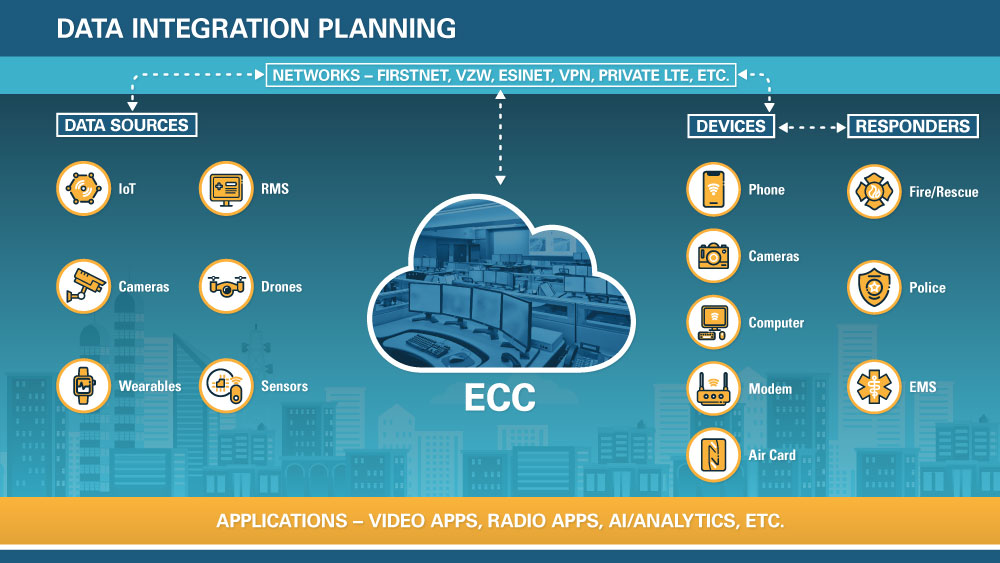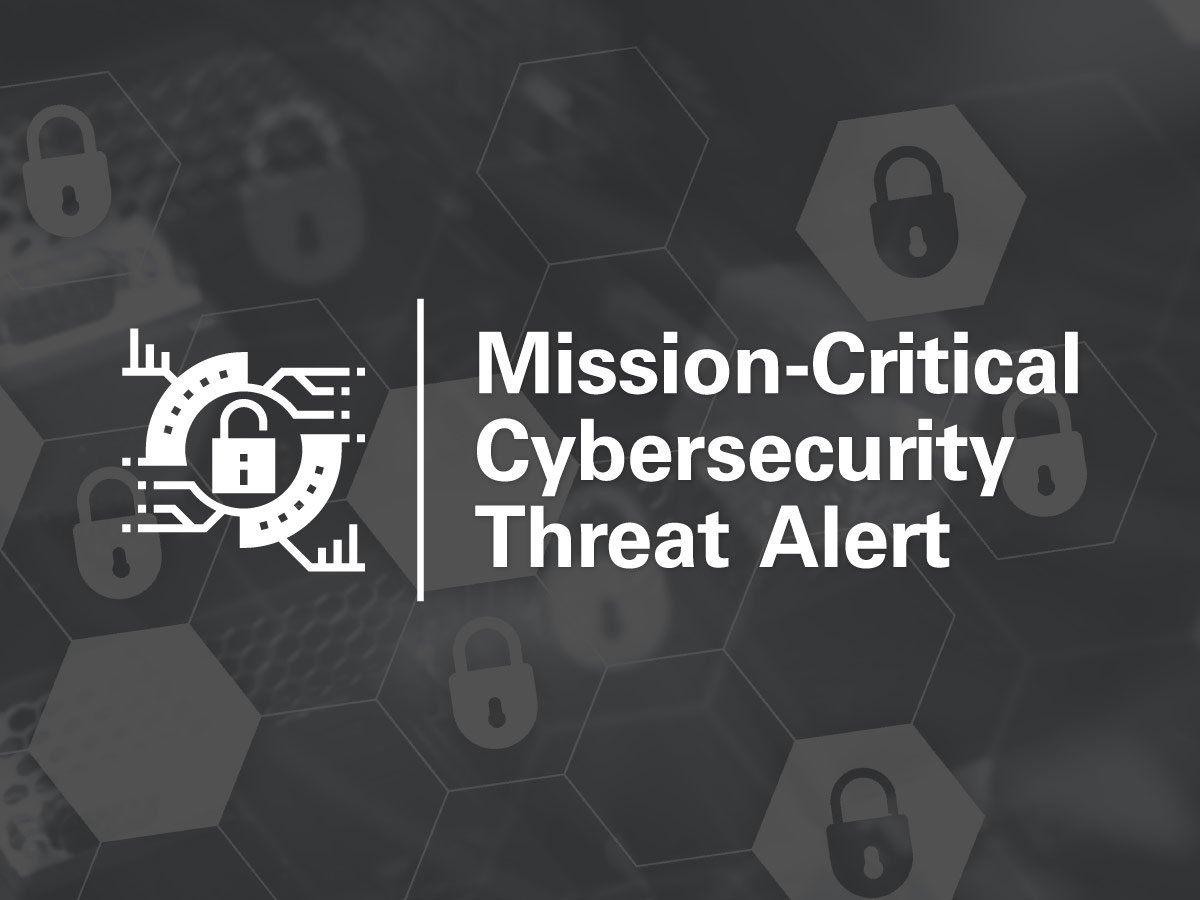9/11 Two Decades Later — Much Done, Much Still to Do
Saturday marks the 20th anniversary of the terrorist attacks on the World Trade Center in New York City and the Pentagon, as well as the hijacking of a third commercial airliner that day, United Airlines Flight 93, which crashed in a field near Shanksville, Pennsylvania, after passengers confronted the terrorists. The attacks resulted in 2,977 fatalities and more than 25,000 injuries. It is the deadliest single incident for firefighters and police officers in the U.S., who respectively lost 340 and 72 members that day. It remains the deadliest terrorist attack our history.













